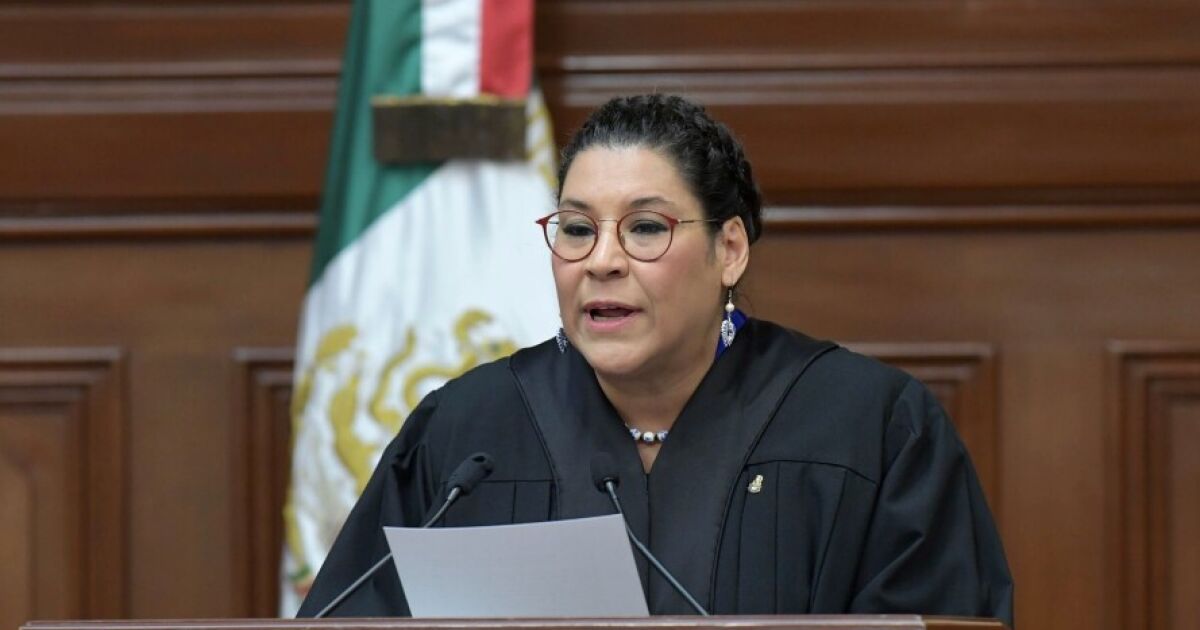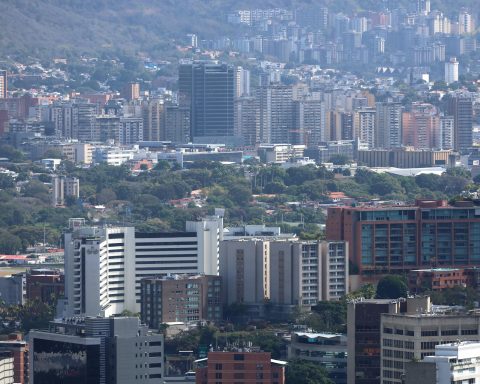Last Thursday, eight ministers of the SCJN agreed to open a controversy about the Judicial Reform, approved in the Congress of the Union, to determine if the Court can reverse or annul it.
Ministers Norma Piña, Margarita Ríos-Farjat, Juan Luis González Alcántara Carrancá, Javier Laynez, Alberto Pérez Dayán, Alfredo Ortiz Mena, Luis María Aguilar and Jorge Pardo voted in favor of this resolution. While Minister Lenia Batres voted against because she considers that the Supreme Court cannot become a reforming Power.
He also assured that the vote of the eight ministers is a “coup d’état” because, although it does not seek to remove power from the President, it is an attempt to ignore the Constitution and sets a bad precedent for the country.
“If the Court can replace the constitutional content, it becomes a super Power that we have never had, and that, here and everywhere, is usually called dictatorship. Imagine that today we take away the third article (on education), then the 21st (on individual guarantees), how crazy, right?” he explained in an interview.
When attending Clara Brugada’s inauguration as head of Government of Mexico City, Minister Lenia Batres criticized that it is the judges and magistrates themselves who have filed protections and various legal resources to seek to reverse the Judicial Reform, since there are norms and laws that establish that this institution cannot be “judge and party” in this matter.
“The great violator of the laws and the constitution is the Judiciary, the judges, the magistrates and the ministers, it is very serious,”
Lenia Batres, minister of the Supreme Court of Justice of the Nation
For her part, the retired minister and federal deputy, Olga Sánchez Cordero, said she respected the institutions, but considered that the controversy opened by the SCJN ministers is only a process that is not yet final.
“Let’s see what it turns out to be, right now the reform is a reality, so let’s look ahead,” he declared.
In her morning conference on October 4, the president Claudia Sheinbaum He criticized the resolution of the eight Supreme Court ministers and assured that their decisions are political and not legal.
“We are not going to fall for any provocation, none. And I rather say that it is a watery hitnot a coup d’état, because, honestly, what basis does it have?” he pointed out.
















